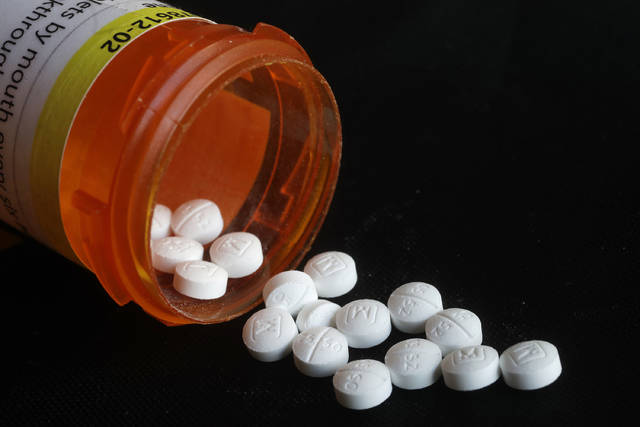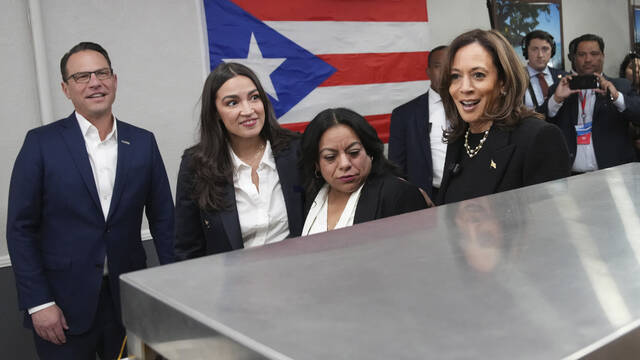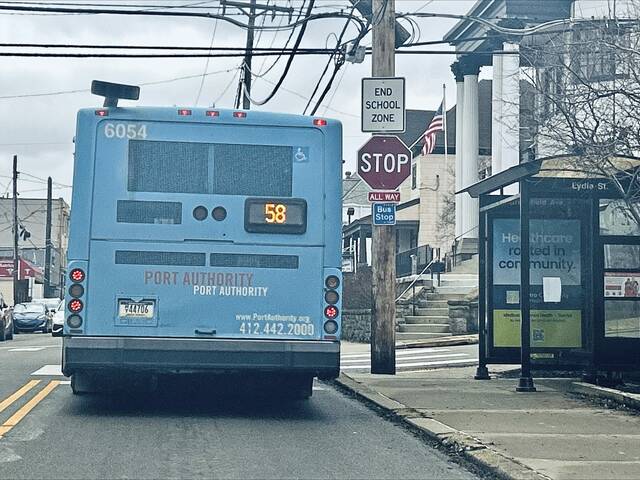What do flour, hair dye and toilet paper have in common? Grocery stores ran out of these products as the coronavirus pandemic first crept its way into our country. In the same way that grocery stores experienced supply disruptions at the beginning of the pandemic, the drug supply chain is not immune to shortages, especially with those medications that treat the symptoms of covid-19, such as sedatives propofol and dexamethasone.
But covid-19 isn’t the only health care issue our families have to worry about. The demand for certain essential medications has grown, and will continue to do so. For those patients who are especially vulnerable, any obstacle that stands between them and their prescriptions could be disastrous. Drug supply chain stakeholders, such as pharmacy benefit managers (PBMs) and pharmaceutical manufacturers, must work together with federal, state and local governments to predict and prevent drug shortages — ensuring patients can rely on having affordable access to the medicines they need to stay healthy.
We are already experiencing drug shortages in the U.S. for over 200 drugs, many of which are being used to treat symptoms of coronavirus patients and speed patient recovery. With an anticipated second wave of the virus later, we can also anticipate additional strains on an already overtaxed health care system.
One aspect of that system that must keep pace is prescription drugs. Patients’ prescription drugs keep them safe and healthy — for many, their very life depends on them. My younger brother, diagnosed with Type 1 diabetes at 9 months old, is one of those individuals. Any disruption to his prescribed insulin is literally a matter of life and death.
Data monitoring and sharing between the FDA and health care stakeholders is essential for ensuring there are enough prescription drugs in the market to meet the needs of patients. Manufacturers can determine how much of a given drug to make, PBMs can negotiate pricing with those manufacturers and health insurance providers can develop the best care plans possible to meet the changing needs of the country’s patients. The private health care sector is working together closely to ensure patients have access to their prescription drugs, but these efforts must be supported by federal agencies and state governments.
During covid-19, PBMs have been actively monitoring and mitigating drug supply shortages to ensure patient access no matter the specific need or drug regimen. E-prescribing and benefit tools allow PBMs to gather data from every point of the prescription process, from diagnosis to pickup or delivery. By continuously reporting data on specific prescription spikes to the government and other stakeholders, PBMs are using their tools and experience meeting public health challenges to confront any potential shortages head-on.
PBMs are also expanding patients’ prescription supply so they don’t have to get them refilled as often, which is especially important now that patients may feel uncomfortable making in-person trips to the pharmacy every month as cases of covid-19 continue to increase around the country. PBMs are working with pharmacists to increase 30-day supplies to 90-day supplies, or switch prescriptions to be a mail order 90-day supply to ensure patients have enough on hand. But not everyone knows that this is an option, so it’s imperative that patients are given all the facts when it comes to extending their prescription drug supply.
If patients have multiple approaches for receiving their prescription drugs, they are better protected against future shortages. Mail-order prescriptions and contact-free pickup options are essential to keeping patients safe and ensuring convenient, reliable access to essential drugs — but these options are only available when each facet of the drug supply chain, from manufacturers to the patient, work together. PBMs are working across the supply chain to keep patients safe, including through partnerships with pharmacists to waive signature requirements for delivery and pick-up of prescriptions, and by closely monitoring and reporting prescribing spikes.
Patients are using home delivery services and keeping additional supply of medication on hand as a safeguard. These practices improve adherence and can increase peace of mind for patients — but they could also lead to drug shortages and disruptions. PBMs are using the tools they have available to communicate with providers, pharmacists and governments to ensure continued access without shortages through information collection and sharing. We must work collaboratively to develop guidance for the health care industry that keeps in mind both the health and safety of patients, as well as the current supply of any given drug on the market.
Rep. Natalie Mihalek, a Republican from Upper St. Clair, represents Pennsylvania’s 40th Congressional District.








